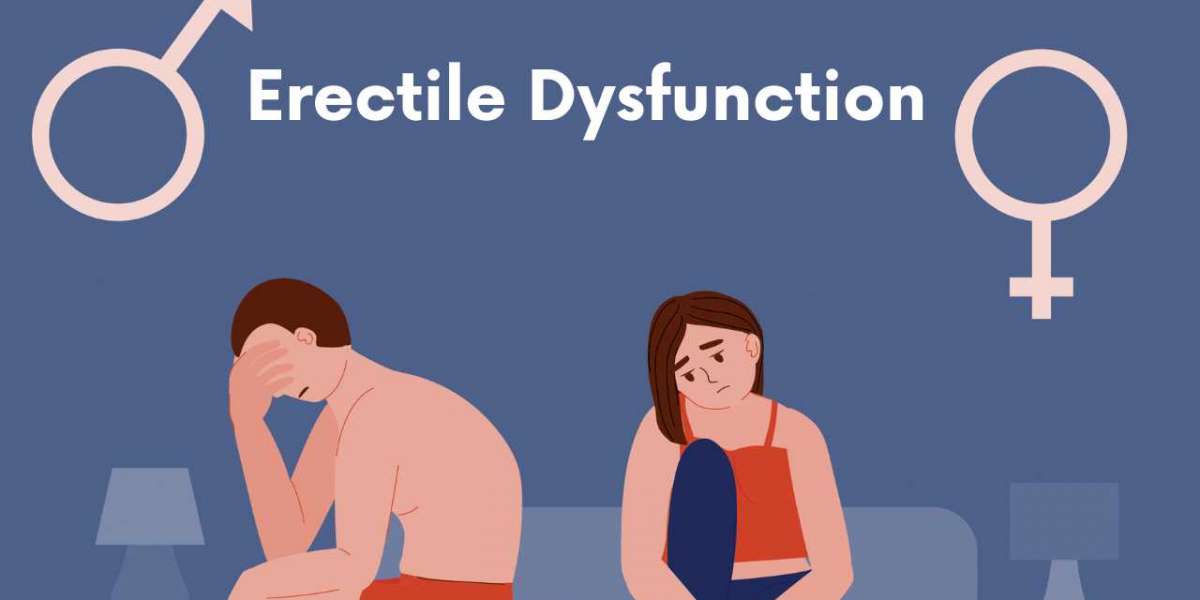In today’s fast-paced world, maintaining a balanced diet can be a challenge. With countless diets, fads, and conflicting nutrition advice circulating on social media and the internet, it’s easy to feel overwhelmed. This is where Registered Dietitian Nutritionist (RDN) counseling comes into play. Backed by science and tailored to individual needs, RDN nutrition counseling offers a reliable, evidence-based pathway to better health.
What is RDN Nutrition Counseling?
RDN nutrition counseling refers to the personalized guidance and support provided by a Registered Dietitian Nutritionist (RDN)—a credentialed health professional who has undergone rigorous training in food, nutrition, and dietetics. RDNs are experts in translating nutrition science into practical solutions for healthier living.
Unlike generic advice you might find online or in magazines, RDN counseling is deeply individualized. Whether you're dealing with a chronic health condition, aiming to lose weight, managing food allergies, or simply trying to eat healthier, an RDN will work with you to create a plan that fits your lifestyle, preferences, medical history, and goals.
The Role of an RDN
To become an RDN, a person must complete a bachelor's or master's degree in nutrition or a related field, fulfill supervised practice hours, and pass a national credentialing exam. Many RDNs go on to specialize in areas such as diabetes management, sports nutrition, eating disorders, pediatrics, oncology, or renal nutrition.
During counseling sessions, an RDN will:
- Assess your nutritional status through interviews, food diaries, lab results, and health records.
- Set realistic and achievable goals based on your personal health objectives.
- Provide tailored nutrition education, not only about what to eat but also about portion sizes, meal timing, and food preparation.
- Offer motivation and support to help you stay on track, adjust your plan as needed, and overcome obstacles.
Who Can Benefit from RDN Counseling?
One of the greatest strengths of RDN counseling is its versatility. It can benefit individuals at all stages of life and health, including:
- People with chronic diseases: Conditions like diabetes, heart disease, high blood pressure, and kidney disease can often be managed or improved with dietary changes. RDNs help create nutrition plans that align with medical treatments.
- Individuals with food allergies or intolerances: Navigating gluten-free, lactose-free, or allergen-friendly diets can be tricky without professional support.
- Athletes and active individuals: Performance and recovery are closely tied to nutrition. RDNs can guide athletes on fueling strategies tailored to training and competition.
- Pregnant or breastfeeding individuals: Nutrition plays a crucial role in both maternal health and infant development.
- People with disordered eating: RDNs trained in eating disorder recovery provide compassionate, structured support in tandem with mental health professionals.
- Anyone looking to improve their relationship with food: Sometimes, you don’t need a medical diagnosis to benefit from counseling. Anyone seeking to improve their eating habits or establish a sustainable lifestyle can gain value from seeing an RDN.
What to Expect in a Nutrition Counseling Session
Your first appointment with an RDN typically includes a thorough health and diet history. You'll talk about your current eating patterns, lifestyle, medical background, and goals. From there, the RDN will work with you to develop a realistic and customized nutrition plan.
Follow-up sessions focus on progress, challenges, and adjustments to the plan. RDNs often provide tools such as meal planning strategies, grocery shopping tips, reading food labels, and mindful eating practices.
Importantly, RDN counseling is not about imposing strict food rules or eliminating your favorite meals. Instead, it's about empowerment—giving you the knowledge and confidence to make informed choices that align with your personal goals.
The Science-Backed Advantage
Unlike unregulated “nutrition coaches” or influencers, RDNs are legally qualified to provide medical nutrition therapy (MNT)—an evidence-based approach used to treat specific health conditions through dietary modifications. MNT is especially beneficial for people managing complex health issues like diabetes, gastrointestinal disorders, and kidney disease.
Moreover, RDNs stay up-to-date with the latest scientific research and practice guidelines, ensuring that the advice you receive is not only safe but also effective.
RDN Counseling in the Digital Age
Many RDNs now offer virtual counseling, making it more convenient than ever to access expert support from the comfort of your home. Telehealth nutrition services are particularly helpful for busy professionals, parents, or those living in rural areas without easy access to a clinic.
Some insurance plans even cover nutrition counseling, especially when prescribed by a doctor or used to manage a chronic disease. Check with your provider to see if your sessions may be reimbursable.
How to Find a Qualified RDN
Looking for a Registered Dietitian Nutritionist? Start with trusted directories such as:
- EatRight.org – The official site of the Academy of Nutrition and Dietetics
- NutritionED.org – Information on finding licensed RDNs in your area
- Your primary care doctor may also refer you to a specialist
Make sure the professional you choose has the RDN credential, as it signifies formal education, clinical training, and ongoing professional development.
Final Thoughts
RDN nutrition counseling is a powerful tool for anyone seeking lasting, science-backed health improvements. Whether you're managing a condition, pursuing athletic goals, or just want to eat better without confusion, an RDN provides the clarity, accountability, and expertise to support your journey.
Food is one of the most personal—and powerful—tools for health. With the right guidance, you can make it work for you.
Would you like help formatting this for a blog, adding keywords for SEO, or turning it into social media post too?







